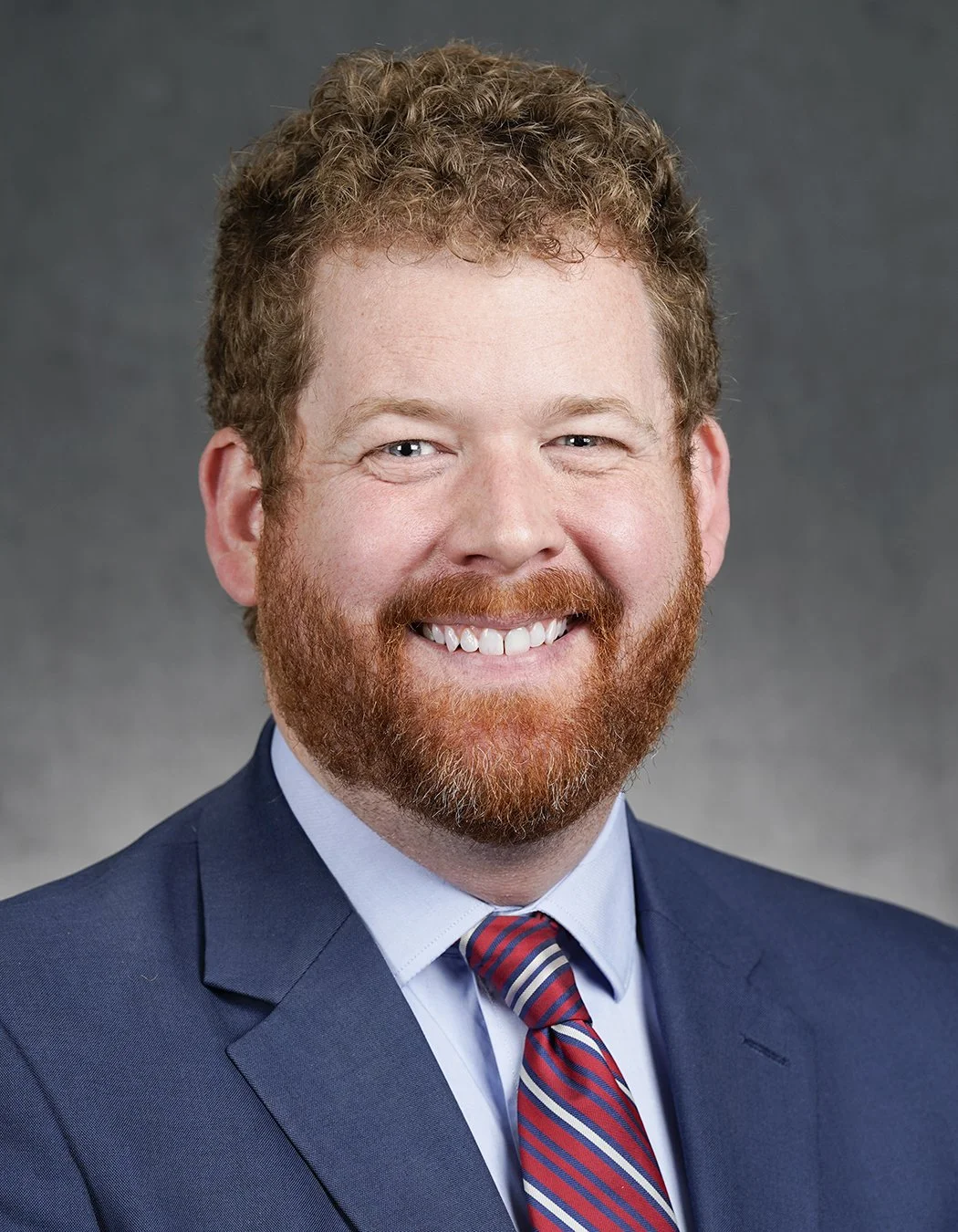MN 35A—Zack Stephenson
Voted for 100% clean energy
Voted for clean energy infrastructure
Voted to replace toxic lead pipes
Voted to protect communities from toxic forever chemicals
Voted to reduce packaging waste
See the legislation details for this legislative biennium below.
Minnesota House District 35A is in the North Metro and includes Anoka and parts of Coon Rapids.
Representative Stephenson voted for 100% Clean Energy by 2040
To combat climate change and protect air quality, legislation was introduced to transition Minnesota utilities to clean electricity sources like wind and solar while keeping our energy reliable and affordable.
The landmark bill requires all Minnesota electric utilities to use only carbon-free energy by 2040. The plan sets five-year benchmarks to ensure reliable, affordable electricity to Minnesota residents and businesses.
Since 2019, Governor Walz has advocated for a robust, clean energy transition in Minnesota, promoting legislative policies to reduce greenhouse gas emissions and bolster our state’s energy economy. This historic 100% legislation, passed in 2023, once again makes Minnesota a clean energy and climate leader in the Midwest.
HF 7 January 26, 2023
Representative Stephenson voted for Clean Energy Infrastructure
After the passage of the 100% Clean Energy by 2040, it became clear that energy infrastructure permitting changes would be necessary to enact all that the bill set out to do. The Clean Energy Infrastructure Permitting Act passed in 2024 is the policy change needed to cut months or even years off clean energy permitting timelines to expedite our state’s clean energy build out. This legislation will allow Minnesota to reach its goal of 100% Clean Energy by 2040.
HF 5247 May 19, 2024
Representative Stephenson voted to replace toxic lead pipes
In 2019, the Department of Health released a report highlighting the health risks of drinking water from lead pipes. There is no safe level of lead in drinking water, yet many Minnesota families are still connected by lead service lines to city water systems.
After several years of funding attempts, the bipartisan lead drinking water replacement bill was passed in 2023 which dedicates $240 million to the inventory and replacement of dangerous lead service lines and creates a goal to replace all lead pipes in the next ten years. It’s a momentous step toward protecting Minnesota kids from toxic lead exposure.
HF 24 April 21, 2023
Representative Stephenson voted to protect Minnesota families from forever chemicals
Per- and polyfluoroalkyl substances (PFAS) are a large group of synthetic chemicals often used for their nonstick and grease- and water-resistant properties. They are found in a wide variety of products that end up in our state’s homes, workplaces, and waste streams. These “forever chemicals” don’t break down in the environment and have been shown to cause cancer risks, liver and immune system damage, birth defects, delayed development, and newborn deaths. Avoiding these impacts is nearly impossible, as PFAS chemicals are widely used in consumer products and released into the environment, resulting in the contamination of our drinking water, soil, dust, and food.
In 2023, the Minnesota Legislature passed a larger omnibus environment bill, which included regulations to prohibit the nonessential use of PFAS in products by 2032, strengthen reporting requirements, and even limit their use in agricultural fertilizers.
Collectively the PFAS bills, known as Amara’s Law, made Minnesota the nation's leading state for PFAS restrictions.
HF 2310 May 19, 2023
Representative Stephenson voted to improve Minnesota’s recycling systems
Minnesotans generate 5.9 million tons of garbage every year, and this number is expected to grow by nearly 20% by 2042. Packaging and plastic waste are an increasing part of the problem, and plastic production is expected to double in the next twenty years. Less than half of all this waste gets recycled—the rest is burned or landfilled.
The legislature passed the environment supplemental budget omnibus bill, which included several waste reduction bills. One of these was the Packaging Waste & Cost Reduction Act, which will require companies to use entirely compostable, recyclable, or reusable packaging by 2032. This will significantly reduce packaging materials from ending up in trash bins and improve water and air quality in communities around waste facilities. It will also hold manufacturers accountable for their products and packaging throughout the entire lifecycle—from product design all the way through to reuse, recycling, or safe disposal.
The legislation makes Minnesota just the fifth state in the country to have a policy extending packaging responsibilities to manufacturers. The Packaging Act has even been called “the most impactful recycling bill in over 40 years” and will fundamentally reshape how recycling is funded.
HF 3911 May 17, 2024

